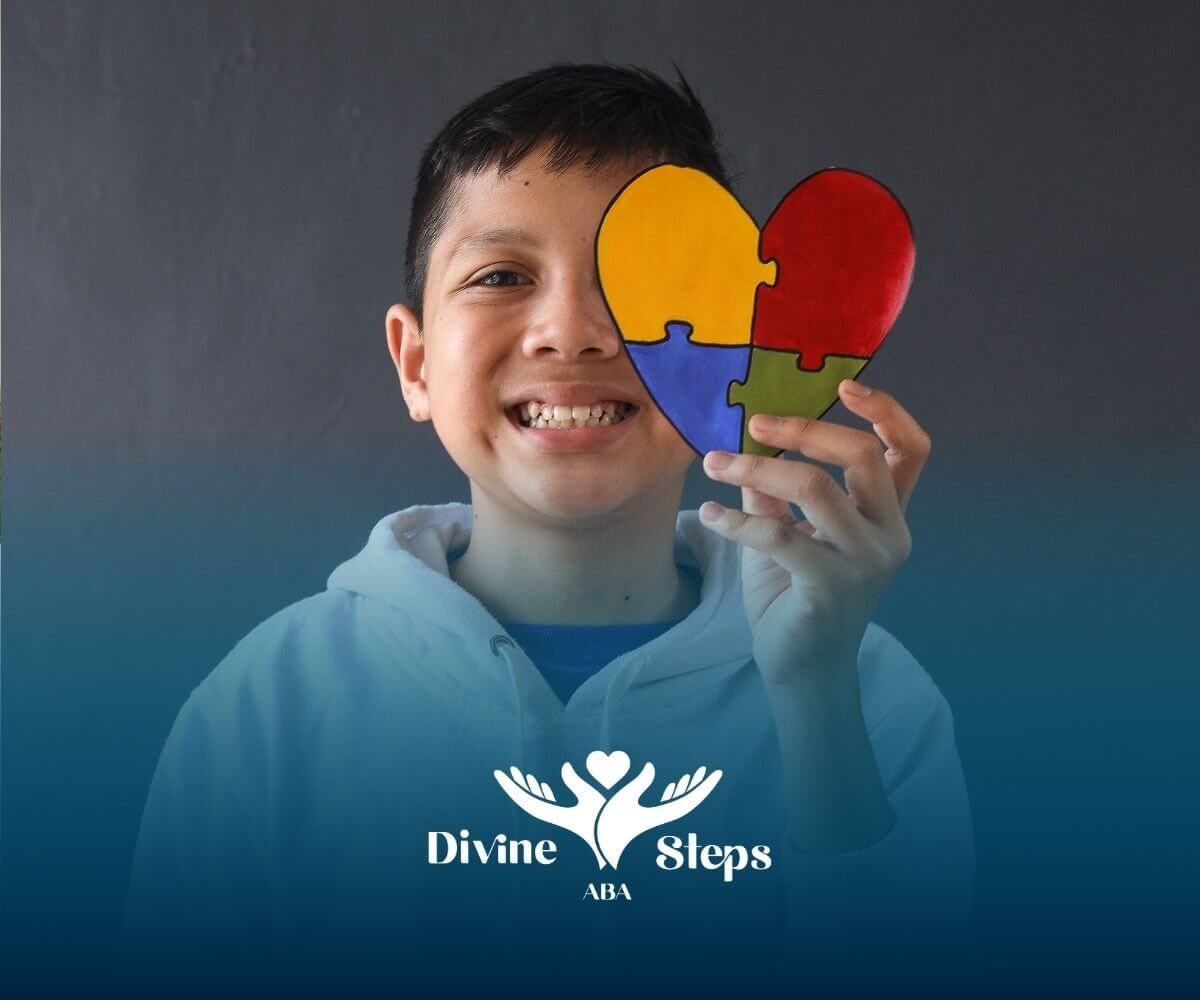Website by CWS
Borderline Autism in Adults: Understanding Traits and Diagnosis
What Is Borderline Autism in Adults?
Understanding autism in adulthood can be complex, especially when it comes to terms like “borderline autism.” While not an official medical diagnosis, this phrase is sometimes used to describe adults who show traits of Autism Spectrum Disorder (ASD) but may not fully meet the clinical criteria. Let’s break it down.
What Does “Borderline Autism” Mean?
“Borderline autism” is often a way to describe individuals who experience some autistic traits, such as social communication challenges, sensory sensitivities, or rigid routines, but at a milder level. These traits may impact daily life, yet they might not be severe enough for a formal ASD diagnosis.
Signs of Borderline Autism in Adults
Adults who fall into this description may struggle with maintaining eye contact, understanding social cues, or managing changes in routine. They may also have focused interests or prefer predictable environments. While these traits overlap with autism, they can appear less pronounced.
Diagnosis and Support
Since “borderline autism” is not a recognized term in the DSM-5, professionals rely on the full diagnostic criteria for ASD. Adults showing these traits can benefit from evaluations, therapy, and accommodations that improve social and communication skills.
Conclusion
While “borderline autism” is not an official diagnosis, it highlights the importance of recognizing and supporting adults who experience autistic-like traits. Early awareness, professional evaluation, and the right resources can make a meaningful difference in daily life. Understanding these nuances helps individuals and families find clarity and take steps toward better support.
Why Choose Divine Steps ABA?
At Divine Steps ABA , we go beyond labels by focusing on the unique strengths and challenges of every individual. Serving families across Maryland , Virginia , and North Carolina , our team of compassionate professionals uses evidence-based ABA therapy to foster communication, independence, and confidence. Whether you or a loved one is navigating autism or related traits, we create personalized plans that make progress feel achievable and lasting. With Divine Steps ABA , you’re not just receiving therapy—you’re gaining a partner dedicated to meaningful growth every step of the way.
Frequently Asked Questions
Is borderline autism a real diagnosis?
No, it is not a clinical diagnosis. It’s an informal term sometimes used to describe mild autistic traits.
Can adults with borderline autism still benefit from support?
Yes. Even without a formal diagnosis, therapy and accommodations can improve quality of life.
How is borderline autism different from autism?
Autism is officially diagnosed using DSM-5 criteria. “Borderline autism” refers to traits that don’t fully meet those criteria.
Should I seek help if I suspect borderline autism?
Yes, a professional evaluation can provide clarity and connect individuals with helpful resources.
Sources:
- https://www.psychiatry.org/patients-families/autism/what-is-autism-spectrum-disorder
- https://indiaautismcenter.org/blog/borderline-autism-spectrum-disorder/
- https://www.autismspeaks.org/autism-diagnostic-criteria-dsm-5




